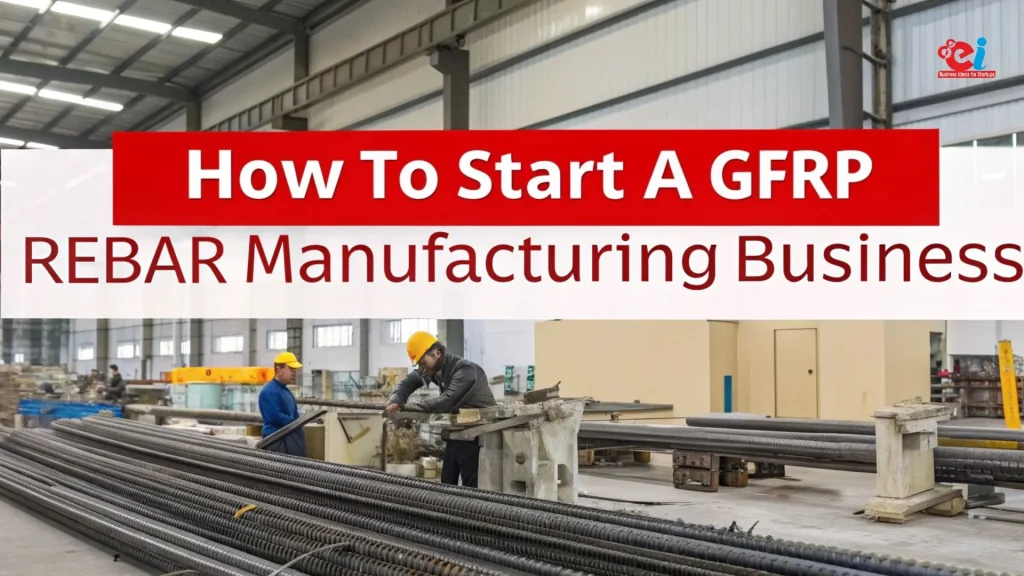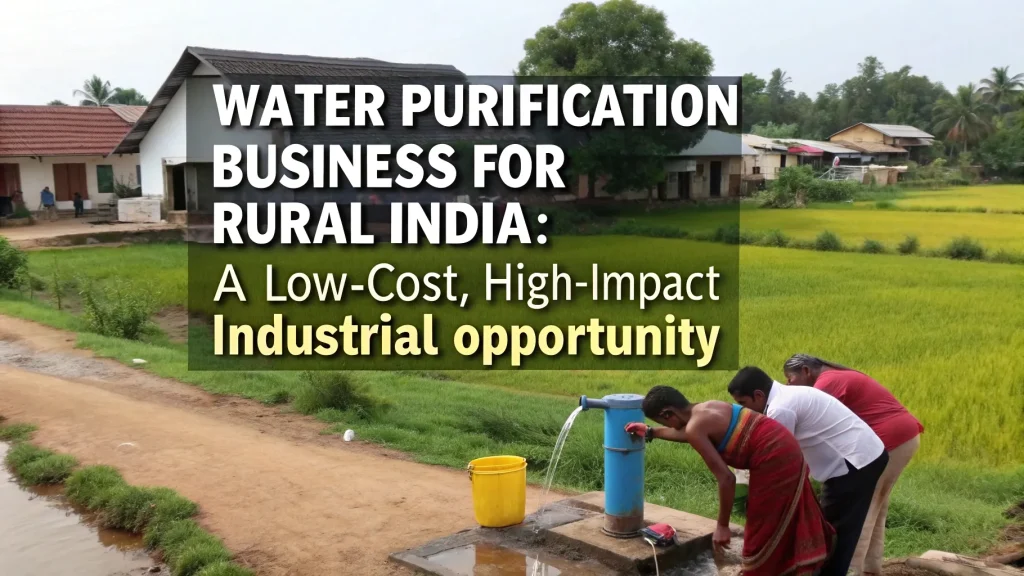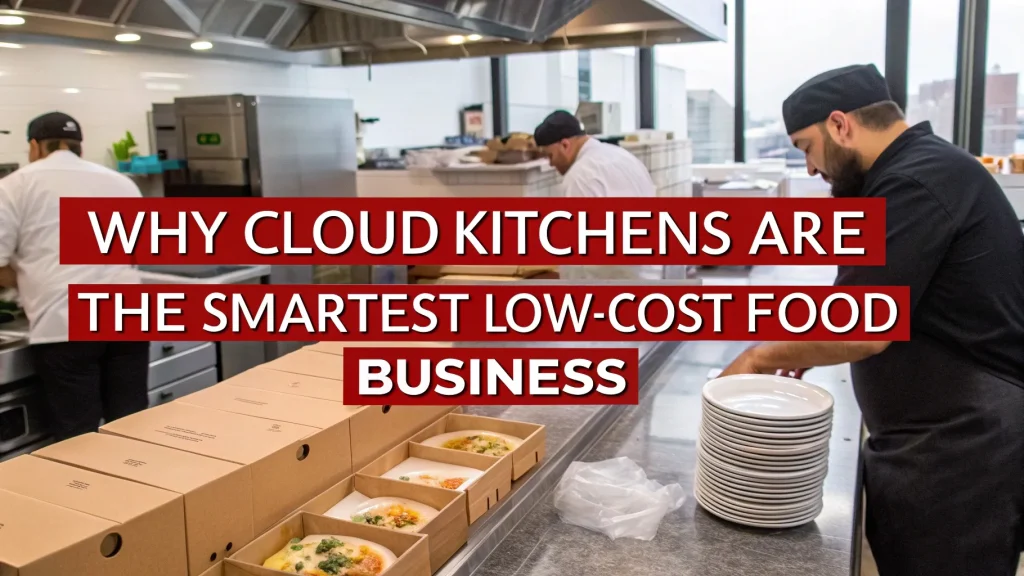
The T-Shirt Manufacturing Business has emerged as one of the most profitable and scalable segments in the global garment industry. With fashion trends changing frequently and a constant demand for casual and promotional wear, t-shirts continue to dominate wardrobes across age groups. Whether plain or printed, cotton or polyester, the humble t-shirt is a wardrobe essential and a style statement. The low entry barrier, mass market potential, and e-commerce boom make the T-Shirt Manufacturing Business an excellent venture for aspiring entrepreneurs looking for stable margins and high-volume sales.
Why Start a T-Shirt Manufacturing Business?
The rise of D2C (direct-to-consumer) clothing brands and the popularity of custom and bulk t-shirt orders for events, corporates, and influencers have led to a surge in local demand. Globally, the t-shirt market is expected to grow at a CAGR of over 6%, with India, Bangladesh, Vietnam, and parts of Africa emerging as leading production hubs. The T-Shirt Manufacturing Business benefits from simple processes, easy scalability, and massive domestic as well as export demand. With the right setup and marketing, entrepreneurs can serve both budget and premium customers through customized offerings.
Understanding Market Segments
The T-Shirt Manufacturing Business is versatile and spans several consumer segments:
-
Basic Cotton T-Shirts – for everyday wear, school uniforms, and innerwear
-
Graphic Tees and Custom Prints – popular among youth, influencers, and start-ups
-
Corporate and Promotional T-Shirts – for events, branding, and employee uniforms
-
Athleisure and Sports T-Shirts – moisture-wicking and performance fabric-based wear
-
Fashion T-Shirts – featuring trendy cuts, oversize fits, and designer collaborations
Tapping into multiple segments ensures consistent order flow and business resilience.
Setting Up Your T-Shirt Manufacturing Unit
Starting a T-Shirt Manufacturing Business involves several key steps in production:
-
Fabric Sourcing – Choose the base material: 100% cotton, polyester, poly-cotton blend, organic fabric, or bamboo fabric, depending on your target market.
-
Cutting Process – Fabric is spread and cut using cutting tables or machines as per standardized sizes (S, M, L, XL, etc.).
-
Printing or Embroidery (if needed) – This includes screen printing, digital printing (DTG), heat transfer, or embroidery.
-
Stitching – Sewing machines and overlocks are used to assemble the garment parts.
-
Quality Check and Finishing – Defect inspection, trimming of threads, and ironing.
-
Packaging – T-shirts are folded, tagged, and packed based on wholesale or retail requirements.
The entire setup can be manual, semi-automated, or fully automated depending on your investment scale.
Machinery and Infrastructure
A medium-scale T-Shirt Manufacturing Business requires the following machinery and equipment:
-
Cutting tables and fabric spreaders
-
Industrial sewing machines (single needle, overlock, flatlock)
-
Screen printing machines or digital textile printers
-
Embroidery machine (optional)
-
Steam press or flat iron system
-
Tagging, folding, and packaging setup
The production area should be dust-free, well-ventilated, and divided into cutting, sewing, printing, and packing sections. A space of 1500 to 3000 sq. ft. is suitable for a unit producing 500–1000 t-shirts per day.
Raw Materials and Manpower
Key raw materials in a T-Shirt Manufacturing Business include:
-
Fabric rolls (cotton, poly-cotton, polyester, etc.)
-
Sewing threads, buttons, zippers (if needed)
-
Neck labels, size tags, care labels
-
Printed transfers or inks for graphic tees
-
Packaging materials like poly bags, boxes, and hang tags
The manpower includes:
-
Fabric cutter
-
Tailors/sewing operators
-
Printing technician
-
Quality checker
-
Ironing and packing assistant
-
Supervisor or production manager
Training workers in finishing and quality assurance can drastically improve repeat orders and brand reputation.
Investment and Financial Plan
Here’s an estimate for starting a small-to-medium T-Shirt Manufacturing Business:
-
Machinery and Equipment: ?6–10 lakhs
-
Raw Materials (initial stock): ?3–5 lakhs
-
Workshop Setup and Rent: ?2–3 lakhs
-
Manpower (3 months): ?2–4 lakhs
-
Licensing and Registrations: ?50,000 – ?1 lakh
-
Marketing and Branding: ?1–2 lakhs
Total estimated investment: ?15–?25 lakhs
Profit margins vary from 15% to 35%, depending on product type, order size, and branding. A profitable t-shirt unit can recover its initial investment within 12–18 months.
Legal Compliance and Licensing
Before launching a T-Shirt Manufacturing Business, ensure you complete the following:
-
Business registration (as MSME/Udyam, proprietorship, or Pvt. Ltd.)
-
GST Registration
-
Trade License from local authorities
-
Factory License (if employing more than 10 people)
-
Trademark registration (optional but advised for branding)
-
Labour Law compliance and staff welfare policies
If you plan to export, you’ll also need an Import-Export Code (IEC) and comply with international certifications such as ISO, GOTS (for organic), or SA8000 (social accountability).
Marketing and Selling Your T-Shirts
Effective marketing is the key to success in the T-Shirt Manufacturing Business. Here are proven strategies:
-
Create Your Own Brand – Launch a label targeting youth, corporates, or eco-conscious customers.
-
Sell via Marketplaces – Use platforms like Amazon, Flipkart, and Meesho for wider reach.
-
Bulk Orders from Corporates – Approach companies, colleges, and events for bulk printing orders.
-
Digital Promotion – Build a presence on Instagram, Facebook, and YouTube showcasing designs and BTS content.
-
B2B Portals – List your services on IndiaMART, TradeIndia, and Alibaba for wholesale buyers.
Investing in strong visuals, storytelling, and influencer marketing can elevate your brand and expand customer loyalty.
Sustainability and Innovation Trends
With increasing global awareness, the T-Shirt Manufacturing Business is shifting towards:
-
Eco-friendly fabrics – like organic cotton, bamboo, and recycled polyester
-
Waterless printing techniques – DTG and sublimation
-
Zero-waste patterns – smart cutting methods that reduce fabric waste
-
Ethical labor practices – ensuring fair wages and safe conditions
-
Customization at scale – on-demand printing and AI-driven fashion tools
Adopting such innovations not only sets your business apart but also opens up new premium markets both in India and overseas.
Conclusion
The T-Shirt Manufacturing Business is a rewarding venture that balances creativity with profitability. It offers scalability, consistent demand, and the ability to serve both mass and niche markets. With the right combination of quality, efficiency, and branding, entrepreneurs can build a sustainable apparel business that thrives online and offline. Whether you’re entering as a contract manufacturer, a private label supplier, or launching your own fashion brand, the T-Shirt Manufacturing Business provides the foundation for long-term growth in the ever-evolving textile industry.
Niir Project Consultancy Services
An ISO 9001:2015 Company
106-E, Kamla Nagar, Opp. Spark Mall,
New Delhi-110007, India.
Email: npcs.ei@gmail.com , info@entrepreneurindia.co
Tel: +91-11-23843955, 23845654, 23845886, 8800733955
Mobile: +91-9811043595
Website: www.entrepreneurindia.co , www.niir.org





